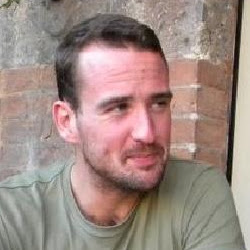Even before the coronavirus pandemic, several credit rating agencies pointed out the severity of China’s corporate debt problem. In particular, at the end of 2019, Fitch noted that Chinese companies set a record for the number of yuan-denominated bond defaults. The share of issuers that announced their inability to pay off debts amounted to 4.9%, which is 0.6% more than the previous maximum in 2014. Back then, the reason for the increase in the number of defaults was the tightening of monetary policy, which led to a decrease in the availability of credit and, accordingly, the ability to refinance debts.

Over the past year and a half, the situation has obviously worsened. The coronavirus pandemic has wreaked havoc on businesses, and the authorities were forced to make it easier for companies to obtain loans. As a result, according to the Bank for International Settlements, the level of public debt has grown is nearly four times GDP, while an increasing number of corporate bonds have defaulted over the past 18 months. Investors are particularly scared by the bad debt story of Huarong Bank.
According to Fitch Ratings, in the first half of this year, the total number of corporate bonds facing default in China was 62.59 billion yuan ($9.68 billion), the highest in the first half since 2014. Of these, the defaults of state-owned companies accounted for more than half of this amount – about 35.65 billion yuan.
According to Fitch, for the full year of 2020, the volume of defaults on bonds was 146.77 billion yuan, while in 2014 defaults were 1.34 billion yuan, and there were no defaults by state-owned companies. Thus, things are not going well in the Asian country, although the government does not disclose all the data …
Risks will reach their climax when the financial bodies of local self-government will not be able to pay off debt on bonds. Given the fact that these companies are usually wholly owned by regional authorities in China and were created to fund public infrastructure projects, the government will have to choose between saving jobs or funding essentially zombie companies.
Additionally, analysts at S&P Global Ratings found that small banks concentrated in the north and south-central China are facing asset quality issues. To be more precise, urban and rural commercial banks with problematic loans above the sector average would have to write off RMB 69 billion from these loans to bring the ratio to the industry average, with banks in the Northeast being hardest hit…
What will happen next? Most probably, large banks will be forced to intervene in order to maintain system stability.


 Hot Features
Hot Features













